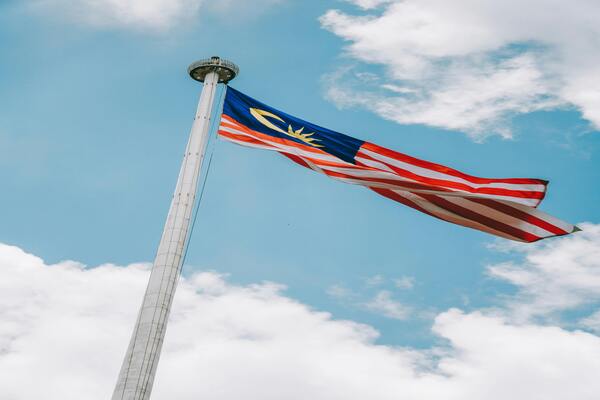Budget 2025 brings focus on renewable energy and electric vehicle (EV) initiatives as key areas of development for Malaysia. The government has outlined projects to expand renewable energy capacity, while also introducing new programs to promote the adoption of locally assembled EVs and electric motorcycles.
Malaysia saw a successful 2024 in its renewable energy sector. These include the LSS4 (Large Scale Solar 4) project, which added over 500 megawatts (MW) of solar power. The Kampung Solar Program brought community-based solar installations to rural areas. Additionally, the Bintulu Wind Project contributed wind energy to the national grid, and the Baleh Hydroelectric Project in Sarawak added hydropower capacity.
For 2025, the government announced new projects to further increase renewable energy. The LSS5 (Large Scale Solar 5) project will add 800 MW of solar power across various regions. The Tanjung Offshore Wind Project, with a capacity of 400 MW, marks a key expansion into wind energy. The Upper Padas Hydroelectric Project in Sabah will also boost hydropower generation.
In addition to renewable energy, the 2025 budget introduces initiatives to promote electric vehicles. Perodua, a local automaker, will produce locally assembled electric vehicles priced under RM100,000. This is supported by restructured tax incentives aimed at increasing local EV production.
The government also launched the Electric Motorcycle Use Promotion Scheme, allocating RM10 million or (2.3 million USD) for rebates of up to RM2,400 on locally assembled electric motorcycles. This rebate is targeted at individuals earning less than RM120,000 (28,000 USD approx) annually, promoting affordable access to electric mobility.
Furthermore, EV-related skills development is identified as a priority area for the Skills Development Fund Corporation. Battery Energy Storage Systems (BESS) are also planned to be implemented in conjunction with solar and wind projects to stabilize the power grid and support the integration of renewable energy.

